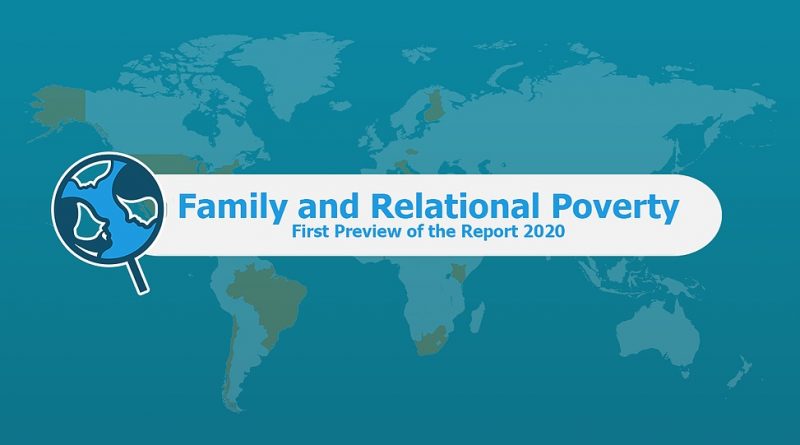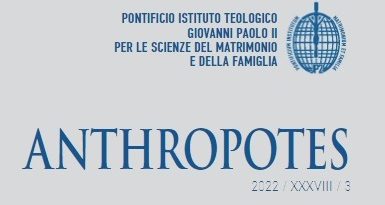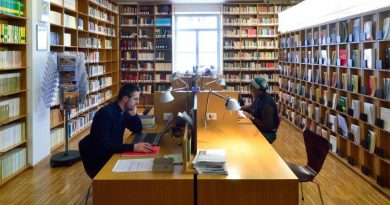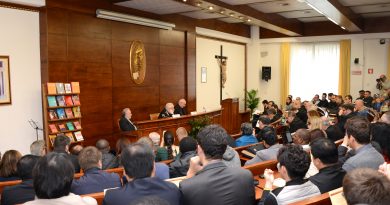The Poverty of Families in the World: preview of the Family International Monitor report
Single-parent families are at greater risk of poverty in Kenya, Lebanon and Chile while, in Italy, it is larger families that face economic problems. Domestic violence is still a serious, although not disclosed, in Spain. In Benin, the elderly are becoming more alone while in South Africa the phenomenon of teenage mothers is particularly relevant.
These are the first data emerging from the Family International Monitor’s report on family and relational poverty, the international research project inspired by Pope Francis and promoted by the John Paul II Pontifical Theological Institute for Studies on Marriage and Family, the Catholic University of Murcia (Spain), and the International Center on Family Studies (Cisf) from Milan, that analyzes and presents concrete living conditions of families around the world.
The first three-year research project is focussed on “family and poverty”, in direct connection with some of the Goals of the UN Sustainable Development Goals 2030 (SDG). The first step of the project is a report on family and relational poverty (2020), while the report 2021 will be dedicated to family and economic-structural poverty.
The core of collected information is based on eleven National Local Reports (on quantitative and qualitative information), which have been produced by a network of research centers, from countries in different parts of the world: Benin, Brazil, Chile, India, Italy, Kenya, Lebanon, Mexico, Qatar, Spain and South Africa.
The report focuses on the family as an active subject, the protagonist of its choices, and considers poverty as a multidimensional phenomenon, to measure not only the lack of economic resources, but also educational, relational, isolation and marginal risks and vulnerabilities.
“According to the first analysis of the research main results,” explains Francesco Belletti, director of the CISF and scientific manager of the Family Monitor, “the economic and relational poverty of families depends on a complex system of interactions where the resources and fragility of families are compared and collide with economic, cultural and political dynamics.”
“From the research,” Belletti continues, “two general elements emerge: on the one hand, there is a series of elements common to different national contexts, in addition to some specificities of the individual nations. On the other hand, the influence of social, cultural, political and economic factors at the macro social level has relevance equal to what happens at the level of micro relations.”
Among the social stress factors that are found homogeneously in the various countries, there are the difficulty of reconciling work and family, the discomfort created by digital relationships and inequality.
“We recognise the family as the engine of history and we claim this vocation to be recognised to it” comments Vincenzo Paglia, President of the Family International Monitor and the Grand Chancellor of the John Paul II Institute. “To sum up, we are convinced that if things go well between men and women, our societies will also go well. And, of course, the opposite is also true. The experience of the pandemic that has suddenly and dramatically overwhelmed our personal lives, and also the lives of our societies, our economies, our policies, has once again shown the evidence of this truth. The fact of observing the families, their histories, vulnerabilities and opportunities helps us to know the quality of a people’s civilisation, the stability and the strength of a country, and at the same time, it offers us some light to build a more humane future for all”.
“The quality of the family condition, therefore, is an indicator of the utmost importance for the monitoring of the health condition of a civil society and for the assessment of the entire political and cultural system” says Pirangelo Sequeri, president of John Paul II Institute and vice president of Family International Monitor: “Family is a strength of the production of the common good and of the circulation of the relational goods, which shape the social environment in which the persons are formed and develop themselves. If family itself is considered as a secondary dimension of the construction of the civil system, which essentially treats society as a group of individuals, the quality of its contribution to the common good is not really recognized. This lack of recognition is destined to create an ever greater, and dangerous, divide between a person and the community”.
“In overall,” adds Belletti, “the survey data shows that the resources and resilience of families are even more useful and active in the face of the most difficult social and economic challenges. The data collected confirms that, in almost every nation, family relationships are the most important resources for dealing with internal and external tensions and difficulties in the daily lives of families, but their importance is even more decisive for the most vulnerable and marginalized people.”
The full version of the Report on family and relationship poverty will be published in autumn 2020. All the material related to the Report can be found on the website: www.familymonitor.net




